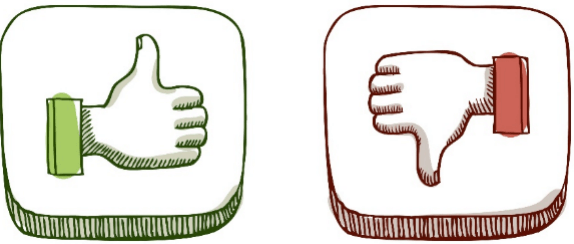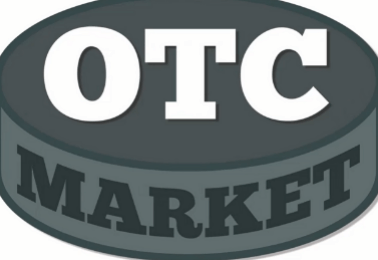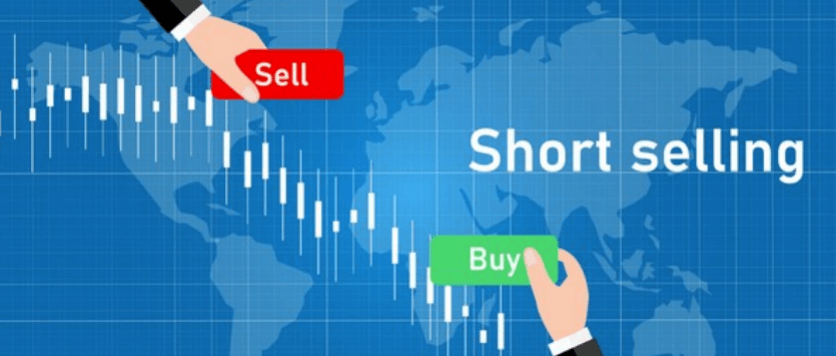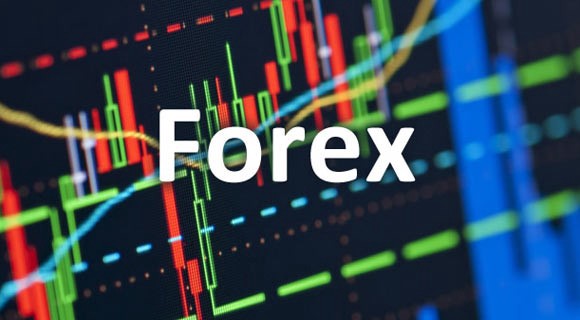
Over-the-counter (OTC) trading is conducted directly between two counterparties without the supervision of the stock exchange. In OTC trading, the transaction price is not necessarily publicly disclosed. It is in stark contrast to exchange trading where there is an open price and liquidity.
A wide variety of securities are traded over-the-counter. The stock exchange stipulates strict listing conditions for listed securities, and only accepts securities that meet those conditions, so the number of securities that can become exchange-traded is relatively small.
Wheras OTC securities are usually unlisted and they do not need to meet the strict listing conditions issued by stock exchanges and government regulatory agencies. Therefore, they are very numerous. Compared with listed securities, OTC securities are more abundant and diverse. It is worth noting that unlisted securities are not all low-quality securities. Some securities are not traded on a stock exchange simply because the issuer of the securities has not applied for listing.
In the United States, new shares issued by joint stock companies are transferable over the counter, as are some federal government securities, local government bonds, and corporate bonds
Advantages And Disadvantages of Over-The-Counter Trading

The listing of securities must comply with the strict listing conditions prescribed by the stock exchange, and the issuer must fulfill strict disclosure obligations. Also, for the issuer, applying for securities listing is a relatively high-cost financing activity, and the issuer must bear various listing-related expenses. For companies with smaller funding scales or looking to keep financial and operating secrecy, this may not be what they are looking forward to. Therefore, both over-the-counter and on-site markets are indispensable and have positive meanings. However, over-the-counter trading also has its drawbacks. Generally speaking, trading institutions in the OTC market are just intermediaries that do not provide settlement guarantees for investors, and investors need to bear the credit risk themselves. The lack of regulation in some over-the-counter markets can lead to opaque quotes, making it difficult for investors to assert their rights in the event of disputes. Here are some specific pros and cons.
Pros
OTC trading offers securities that are not available on stock exchanges, such as delisted stocks, bonds and financial derivatives.
OTC trading offers companies that wish to keep their financial and operational secrecy the opportunity to raise substantial capital.
Larger spreads and fewer regulations in over-the-counter trading make it possible for speculative investors to earn higher returns.
Cons
OTC trading is less regulated, which means counterparties have a higher risk of default and are difficult to enforce.
Stocks traded over-the-counter may face the risk of less disclosure of company information, which leads investors to miscalculate future prices.
Certain securities in the over-the-counter market may be difficult to buy or sell due to lack of liquidity.
OTC Markets Group
Over-the-counter trading originated in the United States, and its trading market used to have two main players, one was Pink Sheets, and the other was the over-the-counter trading board (OTCBB) operated by the U.S. Financial Regulatory Authority (FINRA). However, on November 8, 2021, the U.S. Financial Supervisory Authority officially ceased OTCBB operations.

At present, the main participant in the OTC market is the OTC Markets Group, a financial platform that provides price and circulation information for over 10,000 OTC securities. The OTC Group primarily provides services in mainly three areas: trading services, market data and corporate services. Note that it is not a stock exchange.
OTC securities are listed on three levels of markets, namely the QTCQX market, which has the most stringent listing requirements; the OTCQB risk market, which has certain listing requirements; and the Pink Sheets public market, which allows companies in financial distress or bankruptcy to enter the market. Of the three markets, the Pink Sheets public market is the largest in terms of the number of companies and trading volume.





